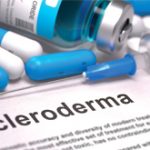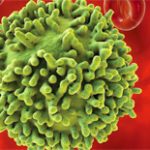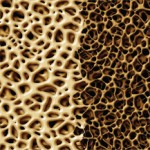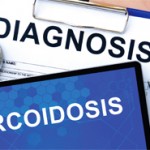CHICAGO—Nine out of 10 scleroderma cases include clinical signs of gastrointestinal (GI) involvement, with severe involvement associated with high mortality rates, but the pathology of this is not very well understood, a GI expert said at the ACR’s State-of-the-Art Clinical Symposium. That has left clinicians with a slate of treatments—anti-reflux, antimicrobials and prokinetics—that address only…










